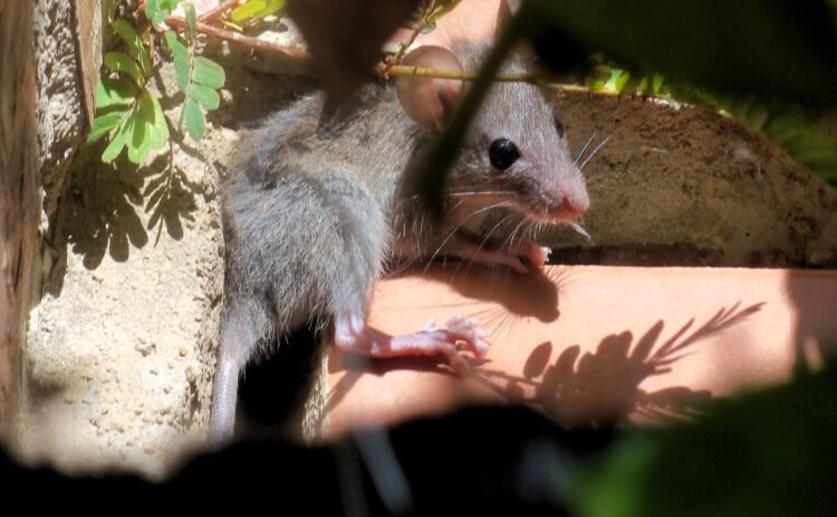
This archived news article is over 5 years old.
Sick House Mice Appear to Avoid Their Social Group to Reduce Disease Transmission
Joanna Lawrence
23rd August, 2016


Joanna Lawrence
23rd August, 2016
